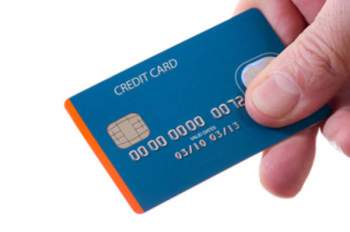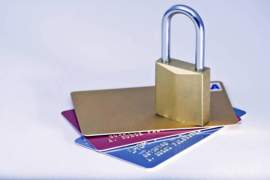
In Depth Overview of Credit Card Bankruptcy

What is Credit Card Bankruptcy?
Credit card bankruptcy is a program that offers a financial resolution or settlement to those individuals who exceed their ability to repay debt obligations through the overuse of a credit card. A credit card is a plastic card issued to consumers as a form of payment.
A credit card awards the holder the ability to buy goods or services based on the holder’s promise to pay-off the amount owed for the goods in services purchased. The institution that issues the card creates an account for the consumer and grants the individual a line of credit. Through this line of credit, the holder can borrow funds for payment to a merchant or retail service. In essence, the funds awarded are a cash advance to the user.
Financial institutions earn a profit through the issuance of a credit through the attachment of fines, fees, and interest rates.
Credit card bankruptcy is a common form of bankruptcy that arises when an individual amasses uncontrollable debt through the use of a credit card. The individual in this situation exceeds their ability to repay their repayment obligations through the overuse of their credit card. The debt becomes uncontrollable to the point where the individual must file for bankruptcy to create alternative payment plans.
Credit card bankruptcy is an alternative payment plan used when an individual’s credit card debt greatly exceeds their income or savings. As a result of the mounting debt, the individual’s ability to repay the credit card debt is non-existent. The interest rates and late fees attached to a credit card quickly suffocate the individual who exceeded their budget or ability to pay their debts.
What does Credit Card Bankruptcy Offer?
Bankruptcy is a formal/legal way to create a fresh financial structure. After filing for credit card bankruptcy, the individual possesses the opportunity to discharge certain debts. This simply means that credit card bankruptcy removes the individual’s legal obligation to repay their credit card debts.
Credit card bankruptcy offers legal authority to discharge all debts associated with credit card-use. When an individual defaults on his/her credit card payments, credit card bankruptcy will enable the individual to restructure their repayment obligations. The debt is, therefore, legally forgiven, and for practical purposes disappears.
Types of Credit Card Bankruptcy
Chapter 7: Chapter 7 bankruptcies are referred to as liquidation bankruptcy because the individual’s net worth is liquidated. This, in essence, “wipes the slate clean” and enables the individual to re-build his or her credit profile. The majority of the individual’s property is sold and all of their debt is discharged in relation to their total net worth. The funds obtained from liquidation are thus used to pay off the outstanding card debts.
Chapter 13: As opposed to liquidating assets, Chapter 13 bankruptcy creates a debt repayment plan for the individual. The individual, through the creation of the repayment plan, will make monthly payments to their local bankruptcy court each month. The bankruptcy court then pays the individual’s debts according to their repayment plan.
How to File for Credit Card Bankruptcy
The process required for filing for bankruptcy is relatively sim. After determining that bankruptcy is the most beneficial course of action, contact a bankruptcy lawyer and initiate a strategy based on your particular credit profile. When you have decided which type of bankruptcy to file for, the lawyer will contact the local court system and develop either a repayment plan or begin the liquidation process.
NEXT: All You Need to Know About Medical Bankruptcy





















